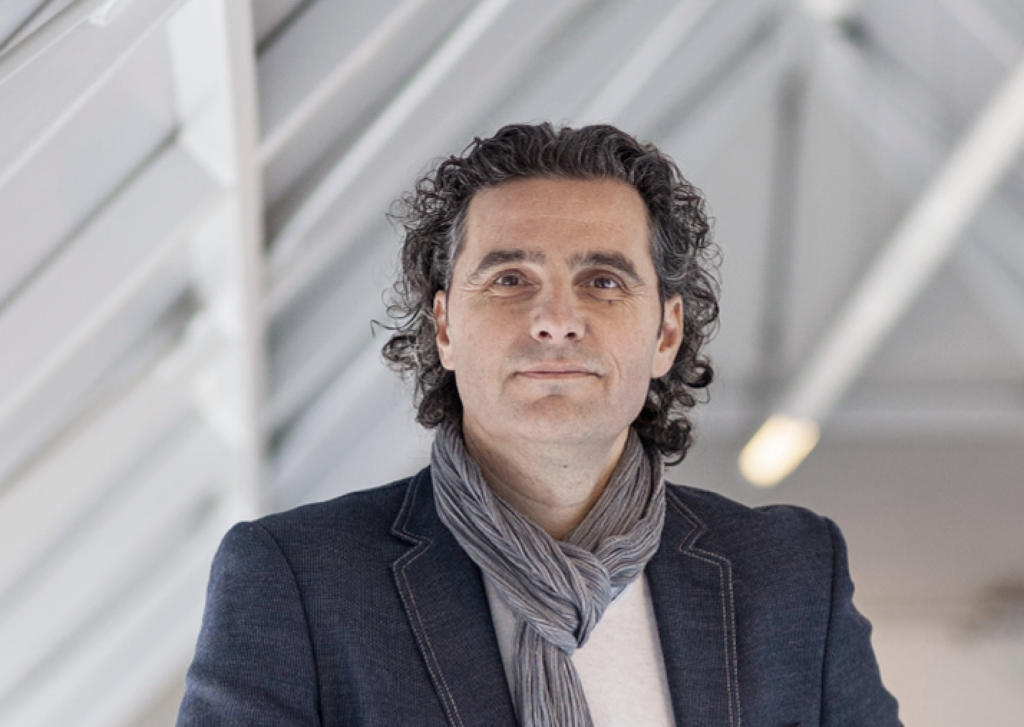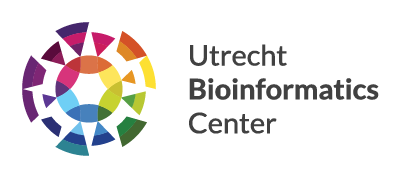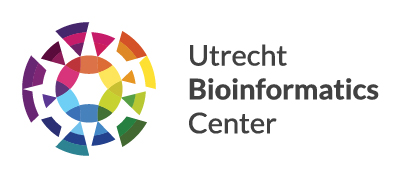Philip Lijnzaad obtains Software and Data Carpentry Instructor Certification

Philip Lijnzaad is among the first of a small group of certified Elixir Software and Data Carpentry instructors that completed the training in Lausanne. We are really excited with these results and hope that this will further stimulate our efforts in educating the next-generation of life scientists dealing with Big Data. As part of our […]
Bioinformatics Profile for Life Scientists

The analysis of large data sets is now unthinkable without the use of bioinformatics. The goal of the bioinformatics profile is to enable life scientists to better interpret and analyse their data by using appropriate bioinformatics methods. The main and most important part of the profile for Master’s students is a bioinformatics internship, as bioinformatics […]
UBC expertise: Computational Structural Biology

‘“All three words in the term Computational Structural Biology seem to point to other research areas. In brief, I use computers to study molecules. We look at the structure of proteins, focusing mainly on the interaction between them. Protein sequences contain information that help us to predict these interactions. If we know that two proteins […]
Introduction to the Utrecht Bioinformatics Center

Dear colleague, Despite the long and prosperous history of Bioinformatics in Utrecht, it took a while to embed Bioinformatics within Utrecht Science Park. In 2014, we were awarded a focus grant to found the Utrecht Bioinformatics Center (UBC). Since its inception, we have made significant progress in strengthening and promoting bioinformatics research. At UBC, our […]
MoBrain collaboration: an SLA for better research

The EGI Foundation announced an agreement between a group of EGI resource centres and the MoBrain research collaboration. Thanks to the agreement, MoBrain will be able to access the High-Throughput Computing and File Storage services they need for their research. The main objective of the MoBrain competence centre, led by Prof. Alexandre Bonvin (Utrecht Bioinformatics Center, Utrecht […]
